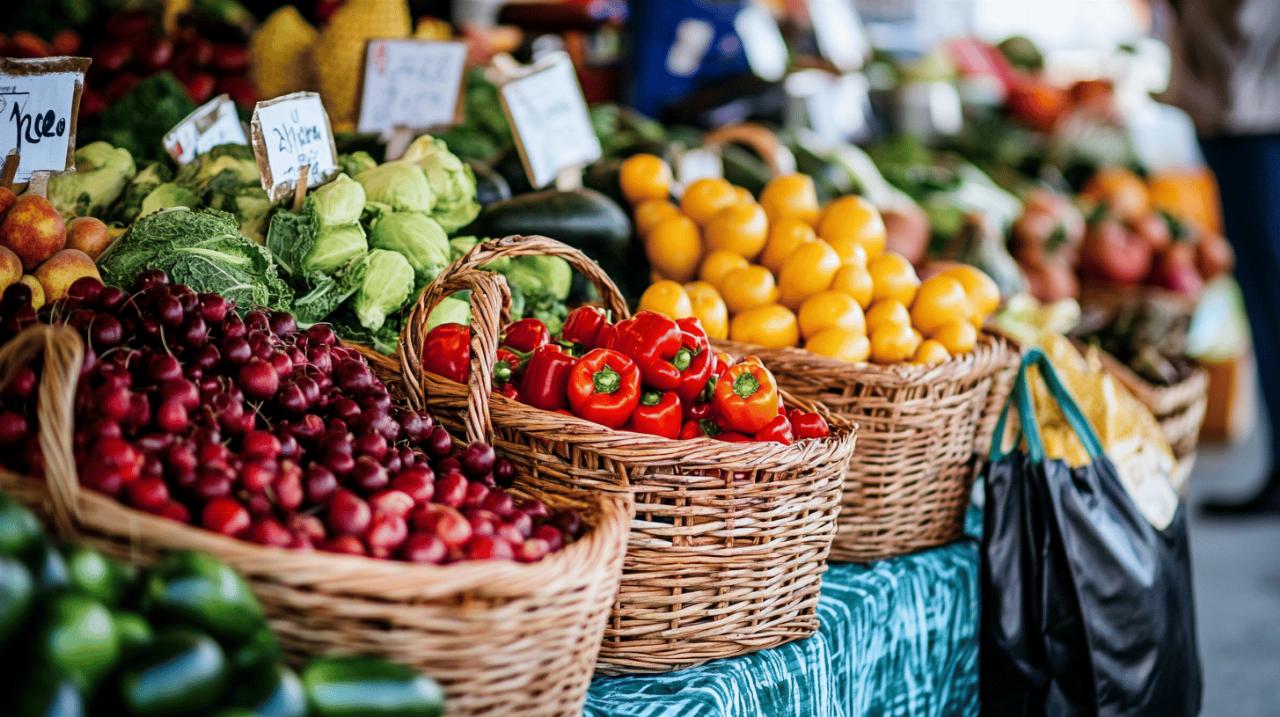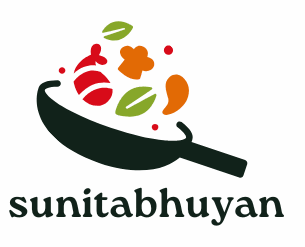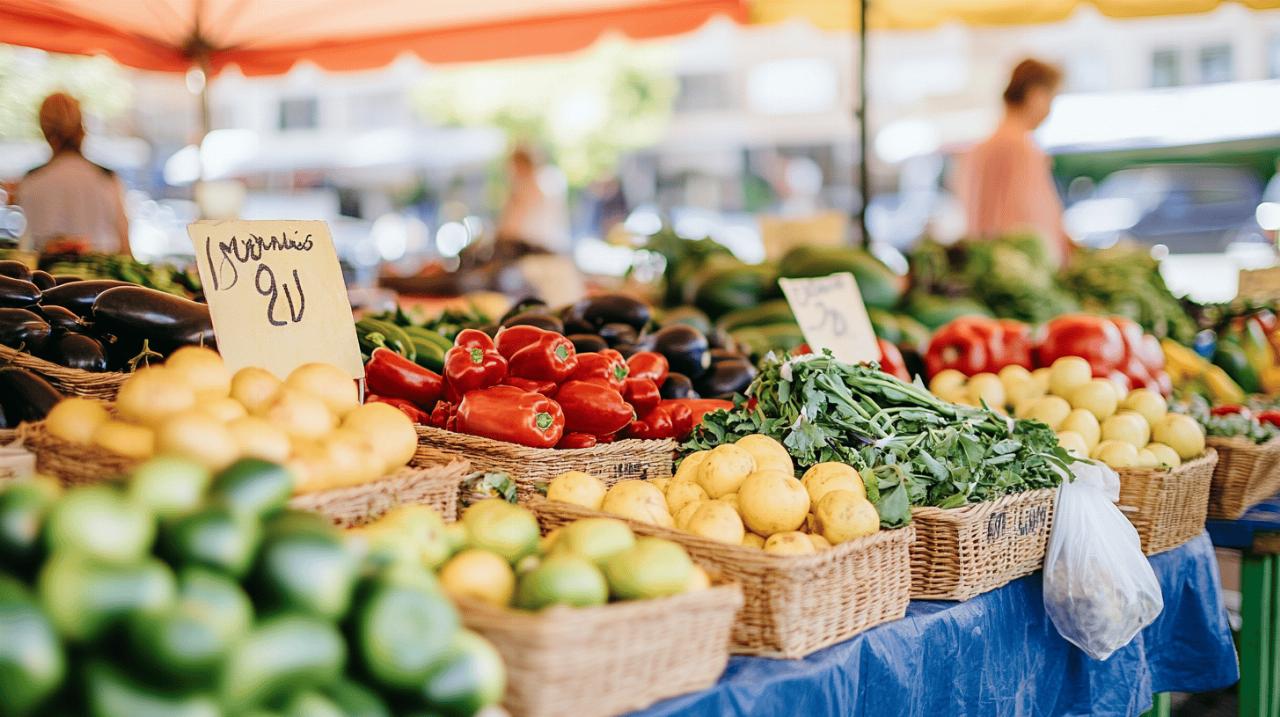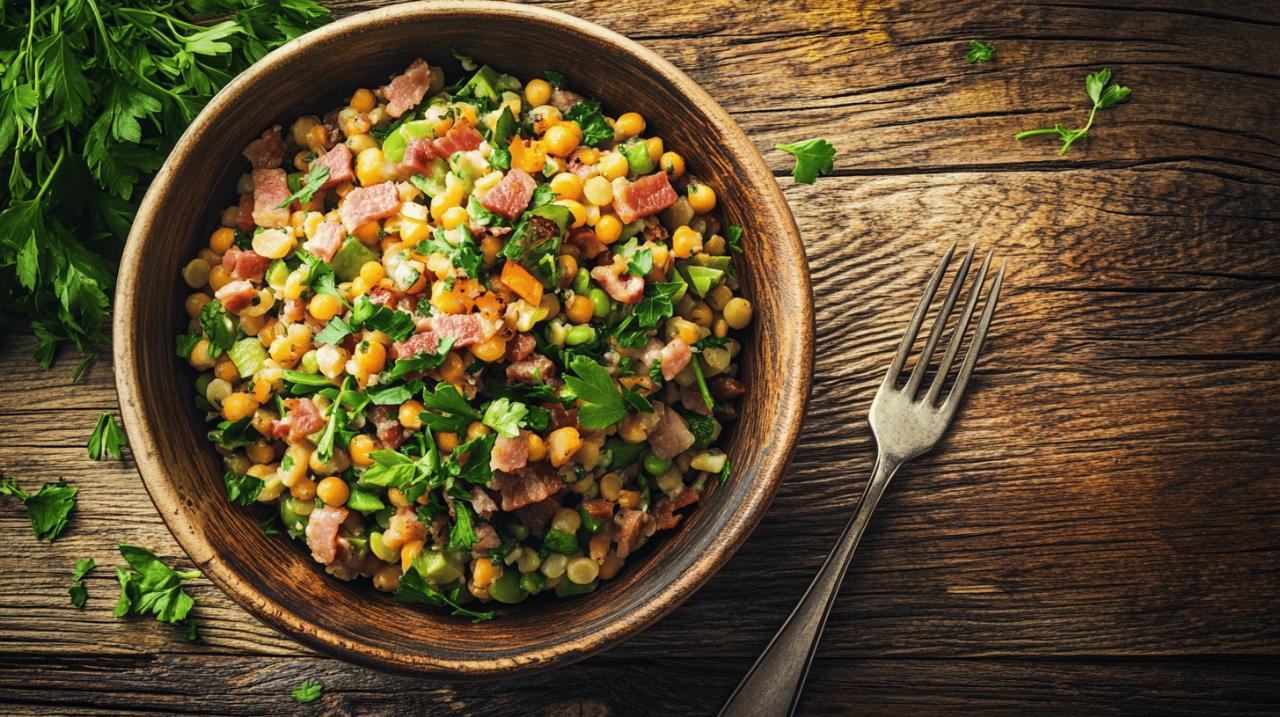There is something profoundly satisfying about knowing precisely where your food comes from, a connection that feels increasingly rare in our modern lives. As we navigate the aisles of sprawling supermarkets, it is easy to lose sight of the journey each item has taken to reach our shopping baskets. Yet, a quiet movement is gaining momentum across the United Kingdom, one that champions the flavours and freshness of locally sourced produce while reviving age-old techniques to preserve the bounty of our harvests. Traditional canning workshops are emerging as a delightful and practical way to engage with this ethos, offering hands-on experiences that celebrate our regional food heritage and foster a deeper appreciation for what grows in our own backyards.
The treasures on our doorstep: why locally sourced produce truly matters
Supporting our communities and local growers
Choosing to source food from nearby farms and producers is about far more than simply purchasing ingredients. It represents a tangible investment in the fabric of our communities, ensuring that the hard work of dedicated growers is recognised and rewarded. When we buy directly from local farmers or through community schemes, the money we spend circulates within our own neighbourhoods, strengthening the economic resilience of the people who cultivate the land around us. This approach fosters a sense of connection that is often absent when food travels vast distances through complex supply chains. Supporting local growers means we are actively participating in the preservation of regional agricultural traditions, safeguarding the livelihoods of those who are committed to producing high-quality food with care and integrity. Moreover, engaging with local producers often opens the door to discovering unique varieties of fruit, vegetables, and other produce that are rarely found in large retail outlets. These relationships can enrich our culinary experiences while reinforcing the vital role that farmers play in sustaining our food culture.
The Superior Freshness and Flavour of Seasonal British Harvests
There is an undeniable difference in the taste of produce that has been harvested at its peak and consumed shortly thereafter. Local food tends to reach our kitchens far more quickly than items that have been transported over long distances, resulting in a level of freshness that is immediately apparent. Seasonal British harvests, whether they are crisp apples in autumn or tender asparagus in late spring, offer flavours that are richer and more vibrant than those of their well-travelled counterparts. When fruit and vegetables are allowed to ripen naturally and are picked at the right moment, they retain more of their nutritional value and deliver a sensory experience that simply cannot be replicated by produce that has been stored or transported for extended periods. This emphasis on seasonality also encourages a more varied and interesting diet, as we learn to appreciate the changing rhythms of the agricultural year. Embracing what is available locally and in season not only enhances the pleasure of eating but also deepens our understanding of the natural cycles that govern food production, reminding us of the intimate relationship between the land and our tables.
Reducing our environmental footprint through local food choices
The Hidden Cost of Food Miles and Carbon Emissions
The environmental toll of our food system is considerable, and much of it is tied to the distances that ingredients travel before they reach us. Every mile that food is transported contributes to greenhouse gas emissions, with lorries, ships, and aeroplanes all consuming fossil fuels and releasing carbon dioxide into the atmosphere. This hidden cost is rarely reflected in the price we pay at the checkout, yet it has profound implications for the health of our planet. By opting for locally sourced produce, we can significantly reduce the number of food miles associated with our meals, thereby lowering our individual carbon footprints. The cumulative effect of these choices, when embraced by communities across the country, has the potential to make a meaningful difference in the fight against climate change. It is a straightforward yet powerful way to align our daily habits with broader environmental goals, transforming the simple act of shopping into a form of advocacy for a more sustainable future.
Embracing sustainable farming practices in our neighbourhoods
Local farms are often at the forefront of sustainable agriculture, employing methods that prioritise soil health, biodiversity, and the responsible use of natural resources. Many growers in the United Kingdom are dedicated to practices that minimise chemical inputs, conserve water, and protect wildlife habitats, recognising that the long-term viability of their land depends on stewardship rather than exploitation. When we choose to support these producers, we are endorsing a model of food production that respects the environment and seeks to work in harmony with nature. Community-supported agriculture schemes and other proximity associations provide direct access to this kind of conscientious farming, allowing consumers to become active participants in a food system that values sustainability. These initiatives also foster transparency, as we gain insight into how our food is grown and the challenges that farmers face. The ongoing transition towards more sustainable ways of living, accelerated by recent global events, has prompted many to reconsider their choices related to food, and local farming practices offer a tangible and hopeful pathway forward.
Rediscovering traditional canning: a practical way to preserve local abundance
The Art and Technique of Home Preserving British Produce
 The practice of preserving food at home is a skill that has been passed down through generations, yet it is one that many of us have lost touch with in an era of readily available refrigeration and year-round imports. Traditional canning, which encompasses methods such as making jams, jellies, pickles, and fermented foods, offers a practical solution to the problem of seasonal abundance, allowing us to enjoy the flavours of British harvests long after the growing season has ended. Whether it is transforming a glut of gooseberries into a vibrant jam, pickling red cabbage to accompany winter meals, or crafting a batch of medlar jelly from the fruit of an ancient tree, these techniques enable us to extend the life of fresh produce while capturing its essence. The process itself is deeply satisfying, involving a careful balance of ingredients and time-honoured methods that yield results far superior to anything found on a supermarket shelf. Home preserving also encourages resourcefulness, as we learn to make the most of what is available and reduce food waste by turning surplus into something delicious and enduring. Historical food traditions, such as the use of malt vinegar in pickling or the creation of clotted cream in Devon and Cornwall, provide a rich source of inspiration, reminding us that these practices are woven into the fabric of British cuisine.
The practice of preserving food at home is a skill that has been passed down through generations, yet it is one that many of us have lost touch with in an era of readily available refrigeration and year-round imports. Traditional canning, which encompasses methods such as making jams, jellies, pickles, and fermented foods, offers a practical solution to the problem of seasonal abundance, allowing us to enjoy the flavours of British harvests long after the growing season has ended. Whether it is transforming a glut of gooseberries into a vibrant jam, pickling red cabbage to accompany winter meals, or crafting a batch of medlar jelly from the fruit of an ancient tree, these techniques enable us to extend the life of fresh produce while capturing its essence. The process itself is deeply satisfying, involving a careful balance of ingredients and time-honoured methods that yield results far superior to anything found on a supermarket shelf. Home preserving also encourages resourcefulness, as we learn to make the most of what is available and reduce food waste by turning surplus into something delicious and enduring. Historical food traditions, such as the use of malt vinegar in pickling or the creation of clotted cream in Devon and Cornwall, provide a rich source of inspiration, reminding us that these practices are woven into the fabric of British cuisine.
Connecting with heritage through hands-on canning workshops
Across the country, traditional canning workshops are providing opportunities for people to reconnect with these valuable skills in a supportive and engaging environment. These gatherings are more than just instructional sessions; they are celebrations of culinary heritage and community spirit, where participants can learn from experienced preservers and share in the collective joy of creating something from scratch. Workshops often focus on regional specialities, such as elderflower cordial made during the brief flowering period of late May to early July, or pickled onions that are ready to enjoy after a few weeks of patient waiting. They also offer a chance to explore lesser-known recipes, such as Sowans, a Scottish fermented oat drink traditionally consumed at harvest time, or Westmorland Sweet Lamb Pie, a dish that reflects the unique culinary traditions of the Northwest of England. By participating in these workshops, individuals not only acquire practical knowledge but also gain a deeper appreciation for the cultural significance of food preservation. The hands-on nature of the experience fosters a sense of accomplishment and confidence, empowering people to continue these practices in their own kitchens and pass them on to future generations.
Building a More Resilient and Connected Food Culture
The growing movement towards community food initiatives
The resurgence of interest in local food and traditional preservation techniques is part of a broader movement towards community-based food initiatives that prioritise connection, sustainability, and resilience. Projects such as community gardens, farmers' markets, and cooperative buying groups are flourishing, providing accessible points of sale for fresh, locally grown produce and creating spaces where people can come together around a shared commitment to good food. These initiatives are particularly valuable in fostering a sense of collective responsibility for the health of our food system, encouraging us to think beyond individual consumption and consider the wider social and environmental impacts of our choices. The sanitary crisis of recent years has only intensified this shift, as many have reconsidered their reliance on global supply chains and sought out more secure and transparent sources of nourishment. Community food initiatives also play a crucial role in education, offering workshops, cooking classes, and other events that help people develop the skills and knowledge needed to eat well and live sustainably. By participating in these movements, we contribute to the creation of a food culture that is more equitable, connected, and capable of weathering future challenges.
Making a lasting difference through conscious eating habits
Ultimately, the choices we make about what we eat and where it comes from have far-reaching consequences that extend well beyond our own plates. Embracing local food and traditional preservation methods is a powerful way to invest in the wellbeing of our communities, the health of our environment, and the richness of our culinary heritage. It is an acknowledgment that food is not merely fuel but a vital link to the land, to the people who work it, and to the traditions that have sustained us through the ages. By attending canning workshops, supporting local growers, and making a conscious effort to eat seasonally, we are taking meaningful steps towards a more resilient and connected way of living. These practices remind us that the simple act of preparing and preserving food can be a form of care, both for ourselves and for the world around us. As we rediscover the flavours of British harvests and the techniques that allow us to savour them throughout the year, we are not only nourishing our bodies but also cultivating a deeper sense of belonging and purpose in our communities.





